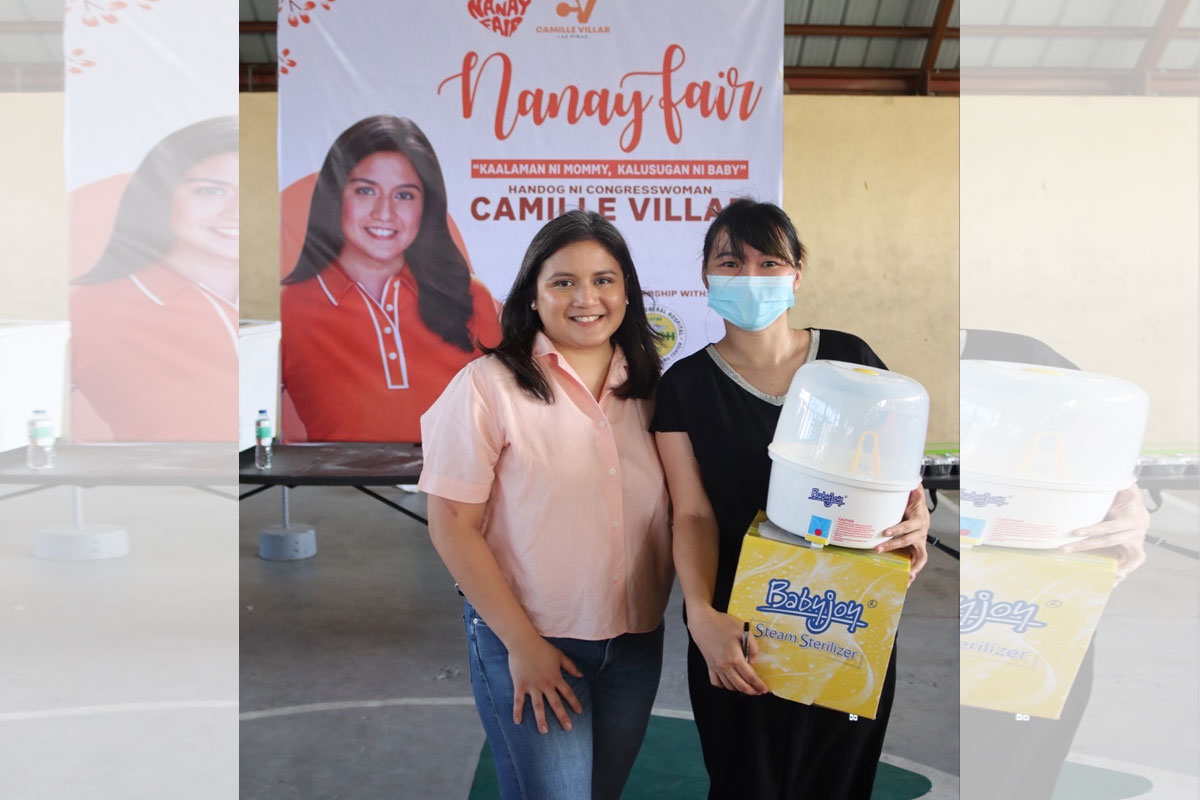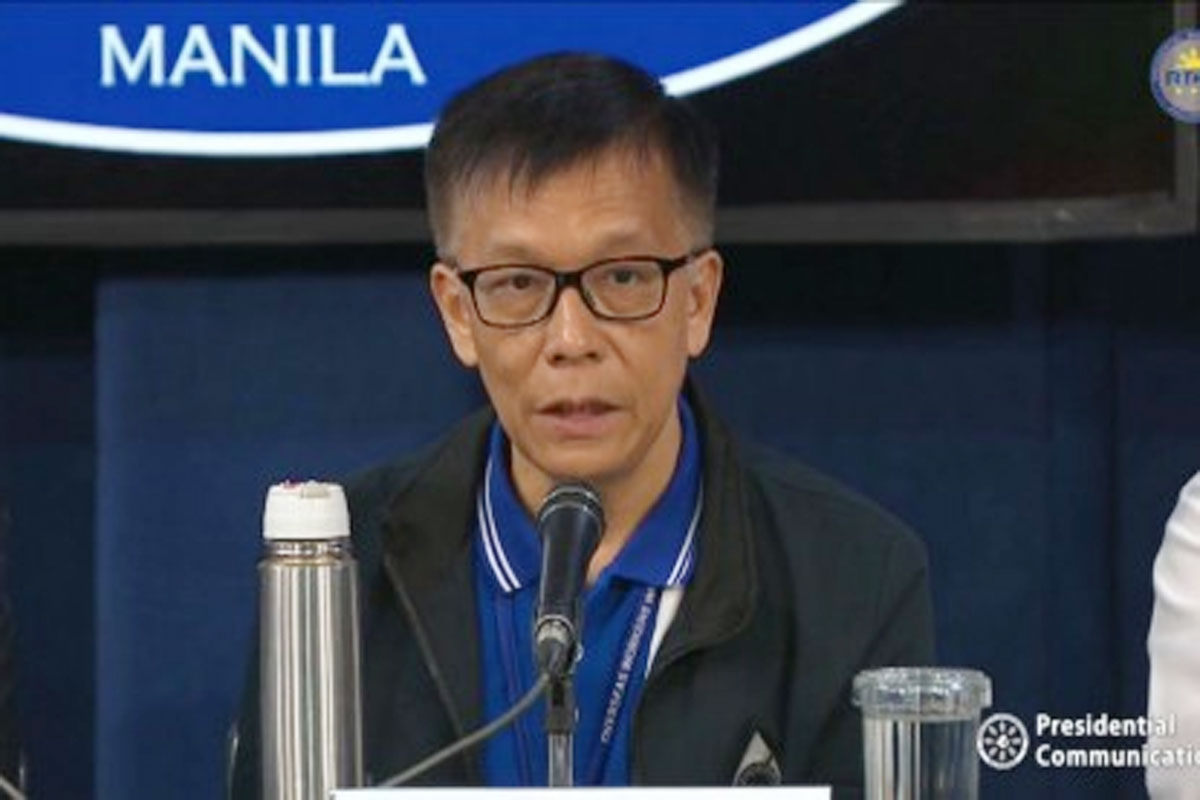
Tulfo wants ban on election tarpaulins
SENATOR Raffy Tulfo has filed a measure prohibiting the use of plastic tarpaulins during campaign season, noting the tons of garbage they create and their adverse effect on the environment.
In his Senate Bill (SB) No. 1762, or an “Act Prohibiting the Use of Plastic Posters during Campaign Season,” Tulfo said he wanted to amend Republic Act (RA) No. 9006, or the Fair Election Act, saying there is no law limiting the use of plastic posters.
Tulfo noted the significant increase of plastic garbage collected during the 2022 national elections, which weighed a total of 254 tons or a 20% increase from the 2016 national elections, based on a report by the Eco-Waste Coalition.
The group said heavy-duty tarpaulins may take a thousand years to decompose and end up in landfills and bodies of water, causing pollution and floods.
“Apart from that, these plastic posters also contain cadmium which, according to the World Health Organization (WHO), exerts toxic effects on the renal, skeletal, and respiratory systems, and is classified as a human carcinogen,” Tulfo said in his explanatory note.
Based on the result of the Eco-Waste Coalition-commissioned laboratory test on campaign posters, the multicolored coatings of campaign posters contained cadmium ranging from 607 to 775 parts per million (ppm). The white plastic sheet had cadmium between 384 to 546 ppm.
The group said these levels detected by SGS, a leading global testing company, were way above the 100 ppm limit for cadmium in plastics under European Union (EU) laws and WHO standards.
Under the proposed measure, the use of paper, clothes, and cardboard posters is encouraged as it also mandated the Commission on Elections (Comelec) to determine the sizes of the poster as enshrined in the Omnibus Election Code.
The use of tarpaulins as campaign materials during elections is common since it is easy to print and hang compared to traditional posters made of cloth or sack, the lawmaker said.
He added that efforts had been made by the government, non-government organizations, and the private sector to recycle the tarpaulins into market bags and seat covers. Philippine News Agency


















